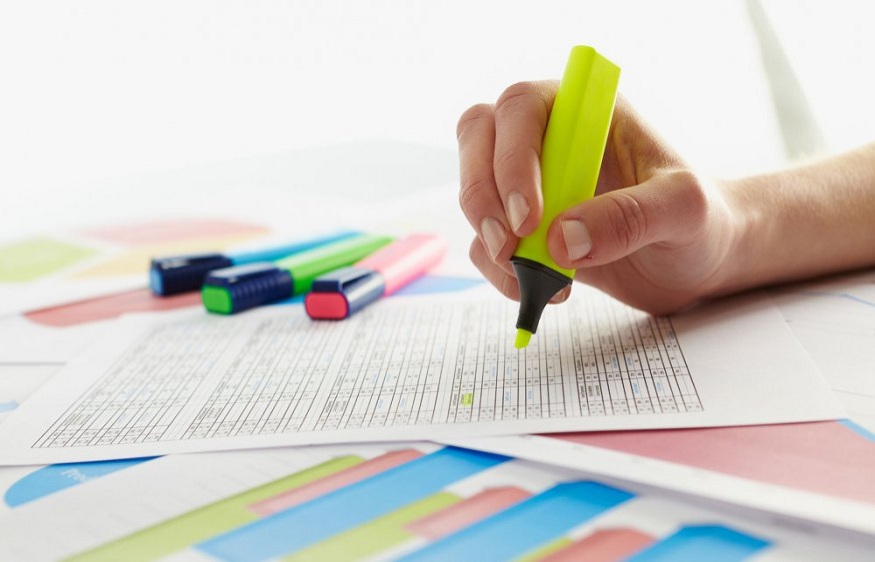As parents, we are often helpless when faced with our children’s stress as the exam approaches, or on the contrary, their excessive nonchalance… How can we best help them prepare for the baccalaureate ? Without being too directive, here are some tips that you can give them throughout the year and in the final stretch.
Preserve your health capital
Although it may seem strange to talk about physiology to prepare for an exam, the preamble to any effective work is to take care of yourself. As far as possible, make sure that your child sleeps at least 9 hours per night (studies show that the average is only 7 hours and 26 minutes…). Indeed, in addition to better physical shape, quality and sufficient sleep gives the brain the means to assimilate and memorize all the information received during the day. In terms of nutrition, make sure that your child has a varied diet and does not overdo it with stimulants, which only give a false impression of energy and actually tire the body. Finally, revision should not be synonymous with confinement: your child needs to go out to get some fresh air, clear their minds, do some sport.
Preparing for the BAC means working regularly
Of course, the ideal is to acquire good habits from the beginning of the final year of high school and to work throughout the year… However, if your teenager has “dropped out” a little, don’t panic: a few weeks before the exams, he or she can still get down to work and organize an effective revision schedule . Here again, the key word is regularity . François Testu, a specialist in children’s rhythms, has determined that attention and concentration increase until noon, decline after lunch, then rise again in the middle of the afternoon.
Finding your own way of working
When it comes to revision, what works for one person may not work for another. Your child must identify their memory type : visual , auditory , or even kinesthetic . Be careful, this does not mean that they should focus solely on their preferred channel: you should try to make the three types of memorization interact by varying the media, which also avoids too much monotony.
trust yourself : what are your strengths (he can count on them, which doesn’t mean he shouldn’t work on them! On the contrary, that’s where he can earn points)? What are your weaknesses (you can’t be strong in all subjects, but a little revision will help avoid a debacle)?
questioning oneself : according to Olivier Douville, clinical psychologist, the teenager must come to see himself no longer as a high school student, but as a candidate . The attitude that results is totally different.
know your physiological and psychological needs
Studies clearly show that paying attention in class represents 50% of the work of memorization . Reviewing lessons at the end of each chapter , going over unclear aspects, but also trying to connect concepts – or even subjects – together are all good ways to prepare for the final exam. If you notice during the year that your child has fallen behind or needs additional support, there are many possibilities for baccalaureate preparation courses , during the school holidays or over a longer period during the school year. This can be a good way to get a student back on track who lacks methodology or is experiencing particular difficulties.
The memorization work is done in three stages:
During the encoding phase, it is interesting to work on both lexical memory (thanks to the famous “by heart”) and semantic memory (by multiplying the supports, by creating cards or trees, etc.). Mnemonic devices are also an excellent tool for remembering better and more, while personalizing the work tool. Finally, training your memory every day is not advice that is only valid for the elderly…
Know what the examiners expect in the baccalaureate
First of all, the student must ask his teachers about the subjects most likely to “come up”, without ignoring the rest of the program. Then, depending on the subjects, there are constant requirements, which can give the high school student indications on the areas to work on:

